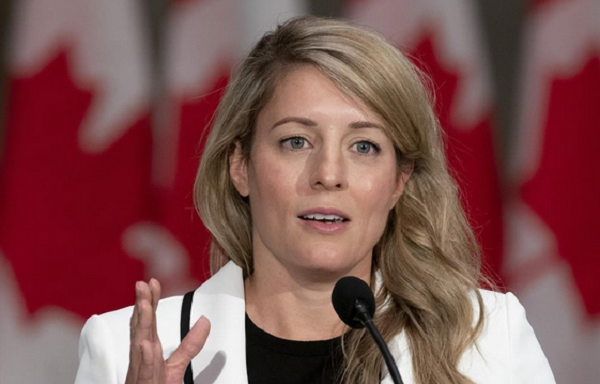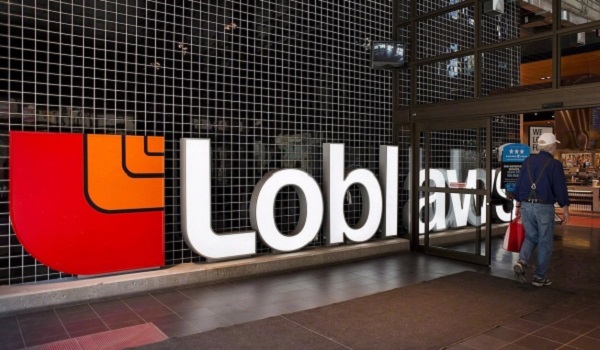South Africans vote in a very critical election since the end of apartheid
South Africans voted on Wednesday in the most competitive election since the end of apartheid, with opinion polls suggesting the African National Congress (ANC) could lose its parliamentary majority after 30 years in government.
Queues formed in the main cities of Johannesburg, Cape Town and Durban as polling got underway around 7 a.m. (0500 GMT), with lines also seen in the morning cold in townships on the outskirts of cities and in rural areas.
“I want to see change in South Africa,” said Bongile Mkunqa, 53, an unemployed man who came to vote in Langa, the oldest Black township in Cape Town. “It is a long time the ANC is in charge in the country, but it didn’t change.”
Voters at polling stations across the country cited high rates of unemployment and crime, frequent power blackouts and corruption in ANC ranks as reasons why they would vote for opposition parties, but others were wary of change.
Pensioner Charles Louw, 62, said he would remain loyal to the ANC as he distrusted the promises made by opposition parties to create jobs, end power cuts or crack down on crime.
“The ANC have been trying to do it, they are there, they have got experience, they know how to accommodate everything. But the new parties, where will they start?” he said after voting in Alexandra, a sprawling township east of Johannesburg.
Then led by Nelson Mandela, the ANC swept to power in South Africa’s first multi-racial election in 1994 and has won a majority in national elections held every five years since then, though its share of the vote has gradually declined.
If it falls short of 50% this time, the ANC will have to make a deal with one or more smaller parties to govern – uncharted and potentially choppy waters for a young democracy that has so far been dominated by a single party.
Voters are electing provincial assemblies in each of the country’s nine provinces, and a new national parliament which will then choose the next president.
With the ANC still on course to win the largest share of the vote, its leader President Cyril Ramaphosa is likely to remain in office.
More than 27 million South Africans are registered to vote at more than 23,000 polling stations where voting will continue until 9 p.m. (1900 GMT).
“If early indications are anything to go by, we may match or just surpass the 66% voter turnout (seen in the last election in 2019),” said Masego Sheburi, a senior official at the electoral commission, at a briefing about six hours into the election.
Turnout has steadily fallen since the start of the democratic era and is one of the key variables this time.
The election appeared to be going smoothly in most places, with Sheburi saying 93% of polling stations had opened on time.
Reuters reporters witnessed isolated incidents, such as voters being turned away from a Johannesburg polling station because they were not registered to vote there, and in one Alexandra location voting was delayed for hours due to the late arrival of ballot papers.
After voting at a polling station in Soweto, a huge township outside Johannesburg, Ramaphosa said the ANC had run a strong campaign.
“I have no doubt whatsoever in my heart of hearts that the people will invest their confidence in the African National Congress,” he said.
John Steenhuisen, leader of the pro-business Democratic Alliance (DA) party which won the second-largest share of the vote in the last election in 2019, urged voters to turn out in large numbers to bring change to South Africa.
“This is the most consequential election since 1994,” he said after casting his ballot in Durban.
Other opposition parties hoping to loosen the ANC’s grip on power include the Economic Freedom Fighters (EFF), founded by Julius Malema, a firebrand former leader of the ANC’s youth wing. The EFF wants to nationalize mines and banks and seize land from white farmers to address racial and economic disparities.
“We see ourselves overtaking the ANC, not the DA. The DA is small boys. We have no time for small boys,” a typically combative Malema told reporters as he arrived to cast his ballot in Seshego, in the northern province of Limpopo.
“We’re going for the real giant, which is the ANC. We are in an election to remove the ANC,” he said. “We are here to take over government.”
Opinion polls suggest EFF support has been hovering between 10 and 12%, far short of the ANC on 37-44%, but Malema could find himself in position to be a kingmaker depending on the election results.
Former president Jacob Zuma has fallen out with the ANC and is backing a new party called uMkhonto we Sizwe (MK), named after the ANC’s former armed wing. Zuma, who was forced to quit as president in 2018 after a string of scandals, has enduring influence, particularly in his home province of KwaZulu-Natal.
The election commission is expected to start releasing partial results within hours of polling stations closing and final results within three or four days at most.
This article was first reported by The Reuters












